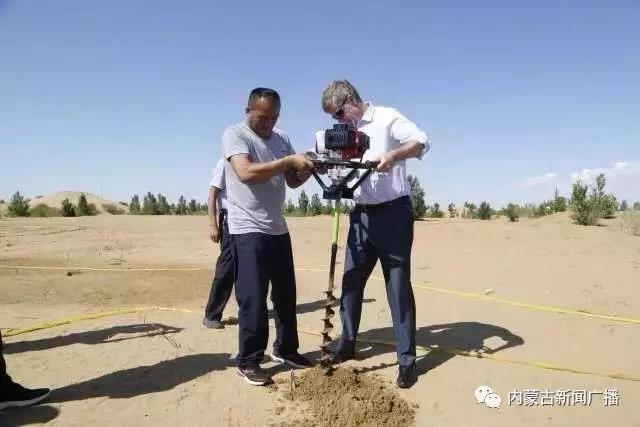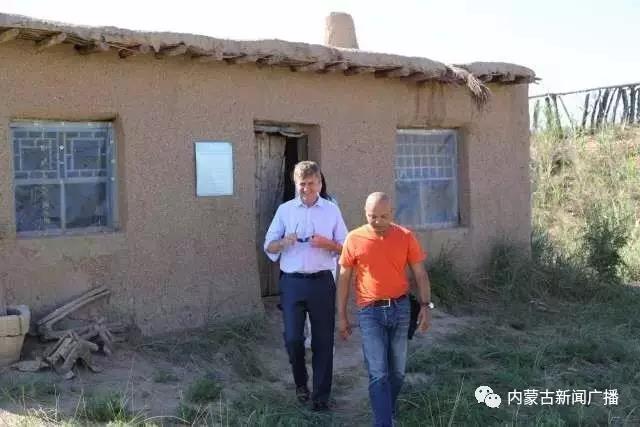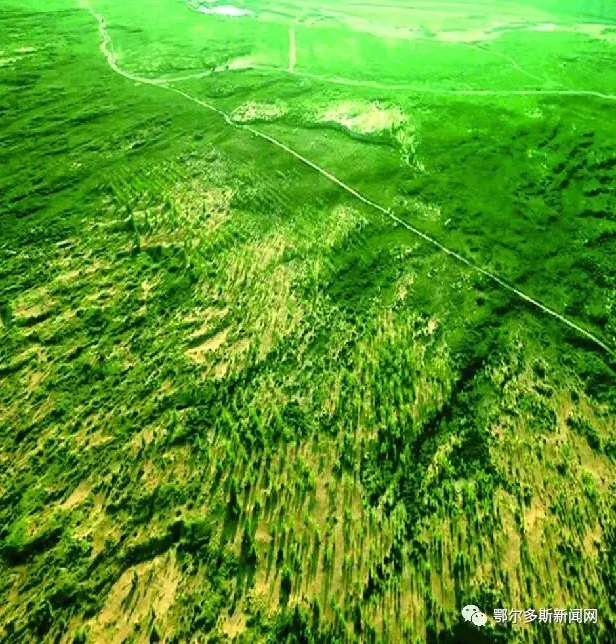UN encourages replication of Ordos' anti desertification efforts
Updated: 2017-08-30  Print
Print 




Erik Solheim, deputy secretary-general of the UN and executive director of the UN Environment Program (UNEP), has spoken highly of Ordos' commitment to the greening of the vast Kubuqi Desert, saying its experience in developing ecological economies in desert conditions is invaluable for other regions and countries facing desertification.

Solheim made the remarks in North China's Inner Mongolia autonomous region, one of the countries' areas most severely impacted by desertification, or the transformation of arable, hospitable land into desert as a result of deforestation, overgrazing and poor water management.
He encouraged other regions and countries that are ravaged by sand and dust, like Africa, the Middle East and Latin America, to replicate Ordos' Kubuqi model, as China's Belt and Silk Road Initiative is being pushed forward and providing opportunities for more countries to cooperate in various fields.
Solheim said more people are escaping poverty these days in the approximate 18,600 sq km of sand dunes of Inner Mongolia's Kubuqi Desert, decades after they started developing a green economy.

Living near or close to a desert, however, is not only a problem but also an opportunity -- people may prosper from taking advantage of a desert's unique nature, according to Solheim.
Some of the world's desert communities suffer from extreme poverty as they are hit by sandstorms and wars. Solheim believes that these regions have the prospect of escaping both conflict and poverty if they transform their lands through a green economy.





 Ordos Impression
Ordos Impression Ordos WeChat
Ordos WeChat Ordos Reported
Ordos Reported
